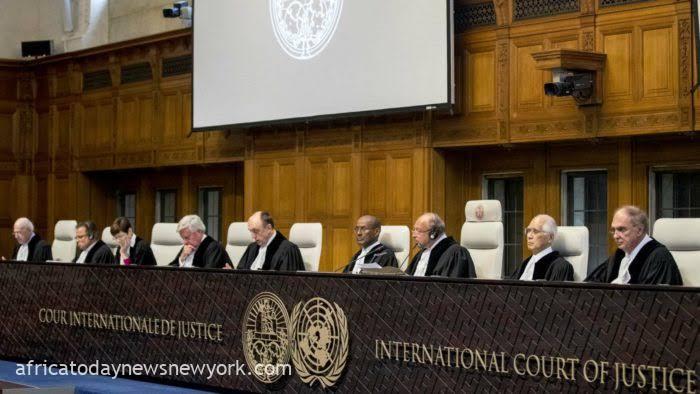Israel is slated to face allegations of genocide in an international court, as hearings based on a South African complaint are scheduled for January 11 and 12.
The dates were disclosed on Wednesday evening by the International Court of Justice, the highest United Nations court located in The Hague, Netherlands.
The petition is situated against the backdrop of the continuing Israel-Palestine war, which began in October and has seen a human toll of at least 22,000 lives.
As per the court’s schedule, South Africa is set to present its case on January 11, and Israel on the 12, with a planned duration of two hours for each side.
South Africa had invoked the Genocide Convention in its complaint filed with the court on Friday. Both South Africa and Israel have signed the convention.
South Africa had requested immediate measures, saying the court should order an end to the violence against Palestinians in order to protect their rights “from further serious and irreparable harm.”
According to South Africa, Israel’s attacks are “genocidal in nature,” as they are aimed at destroying the Palestinians in the area.
Lior Haiat, a spokesman for Israel’s Foreign Ministry, has rejected South Africa’s claims after the filing.
Read also: ICJ To Hear S’Africa’s Genocide Case Against Israel Jan 11
“Israel rejects with disgust the blood libel spread by South Africa and its application with this complaint” to the ICJ, he wrote last week on X.
The lawsuit “lacks both factual and legal basis,” he wrote, adding that the ICJ and the international community should “completely reject South Africa’s baseless claims.”
According to Haiat, the suffering in Gaza lies solely at the feet of Hamas, with Israel actively striving to minimize the impact on the civilian population.
He claims that Hamas resorts to using Palestinians as human shields and goes so far as to steal humanitarian aid meant for the very people it purportedly represents.
The ICJ, positioned as the United Nations’ paramount legal authority, is designed to mete out justice in instances of conflicts between states.
The binding nature of its decisions notwithstanding, UN judges lack the means for autonomous enforcement, relying on the UN Security Council for implementation.
